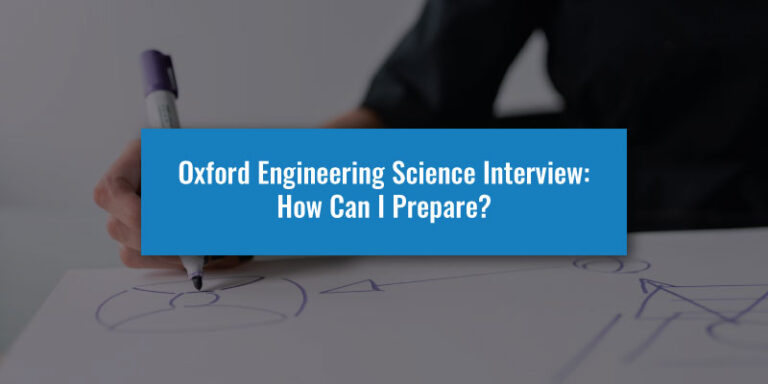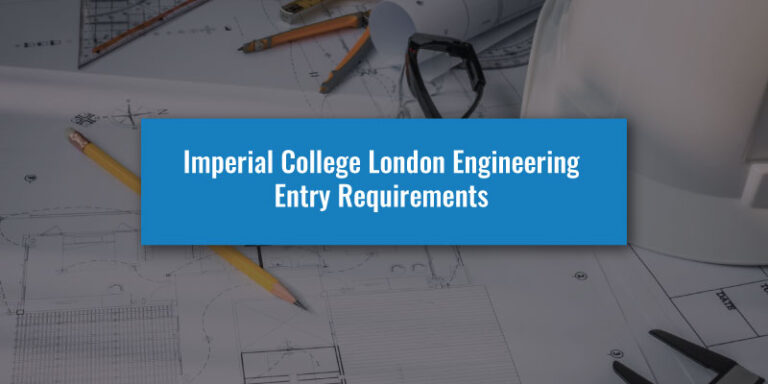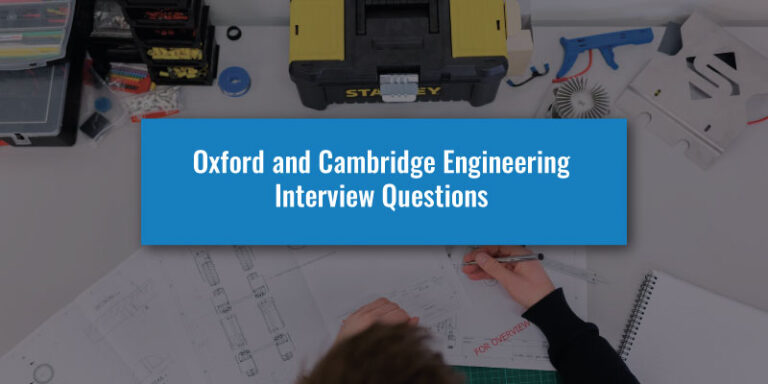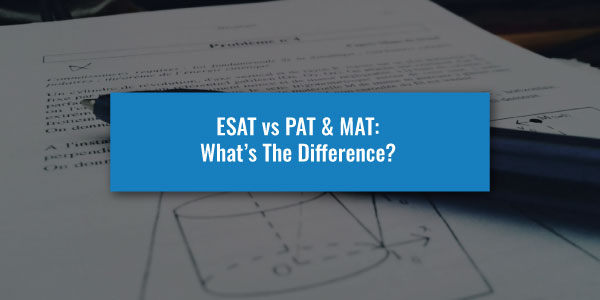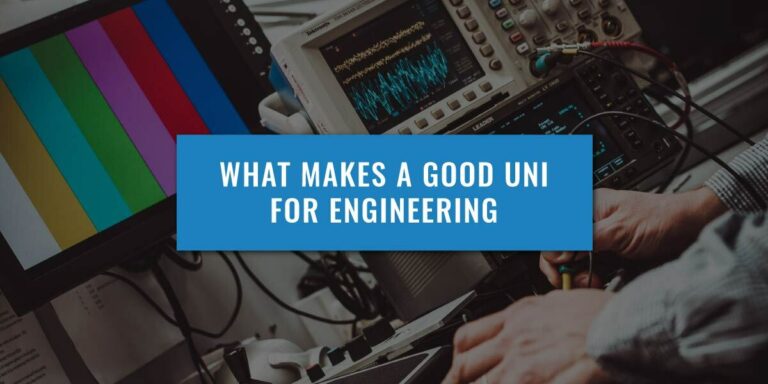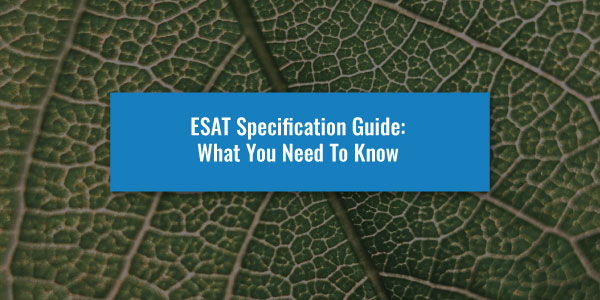Are you curious to know what it is like to study Engineering at Imperial College London?
Hey there, my name is Madalina and I am a final year student at Imperial College London studying an MEng in Aeronautics with Spacecraft Engineering.
I moved to London almost four years ago as a clueless fresher embarking on a journey soon to be concluded this June, and I am here to tell you all what it is really like.
Applying To imperial Engineering
My Imperial Admissions Experience
I applied to Imperial in the autumn of 2017 as an EU student and was invited for an online Interview in November. I was extremely anxious at the beginning of the Interview, but my Admissions Tutor made me feel at ease tailoring his physics questions to my lifelong passions: rockets and satellites. Little did I know that this man would become my favourite aerodynamics lecturer delving into modules such as the Hypersonic Aerodynamics of Re-entry Vehicles.
In December, soon before the holidays I got my early Christmas gift in the form of a letter of acceptance and fast forward to October I joined Imperial as a first-year Aero student.
On-boarding was a year-long process, it takes time to adjust to such a dynamic environment with too much information to handle and countless opportunities yet to be seized. Likewise, the first exam sessions can be rather strenuous but taking things step by step rather than leaving all to one week certainly makes a difference.
I have benefited from great and engaging lecturers that knew how to make their modules interesting and ensured our adjustment to university life and fast-paced academics.
Imperial Entry Requirements have changed since 2017, so learn more about what you need to do to apply in our Imperial Engineering Entry Requirements Guide.
Applying to Imperial Engineering? Get Oxbridge-quality support from UniAdmissions
At UniAdmissions, we’ve spent over a decade getting students into Oxford, Cambridge, Imperial and more. Our carefully crafted curriculum and expert tutors are on hand to help you craft the perfect Personal Statement, achieve a highly competitive ESAT score and teach you how to Interview effectively.
Discover our Imperial Premium Programme by clicking the button below to enrol and triple your chances of success.
Moving to Imperial
I got used to life in student halls and was keen to work as a student caller for Imperial’s alumni fundraising campaigns. Getting involved with such initiatives helped me get out of my comfort zone and meet like-minded people outside of my course. It has also built my confidence significantly, subsequently joining UniAdmissions as an Engineering Interview tutor.
Whilst living in London, you can never get bored with countless places and food yet to be discovered. I for example synched my internal time to the rhythm of the city, always energised by the simple act of going out and about.
Additionally, I am not biased when I say that Imperial’s South Kensington campus is by far the best a London Uni can offer: in the heart of the city, metres away from Hyde Park with all these modern departmental buildings gathered in one place.
As previously mentioned, I am currently in my final year, having finished my summer exams and working towards the final details of my Master’s thesis. Recently, I have also started work as a Satellite Operations Intern at a small nano-satellite company part of UK’s space cluster. The program is remote, allowing me to find the right balance between academics and the newly-added work commitments.
Take a look through our collection of Day In The Life articles for more insight into university life:
What is a typical day like at imperial?
So now that you know a little bit more about me, you may be curious to find out how a normal day on campus looks like.
7:30 AM
It’s a full day ahead, I wake up, make an espresso and get myself ready to tackle it. Today, I will work on campus and meet with my Final Year Project supervisor to present my latest findings for the thesis as well as discuss more on the next steps to take. I have three weeks to go before delivering the Master’s thesis I have been working on over the course of this year. The schedule is tight and I still have plenty of data to process before delivering my final conclusions. But we shall leave that aside for now, there is still plenty of time before 2pm when I have my meeting.
8:00 AM
My regular commute to campus takes around 50 minutes via the Piccadilly line. It may seem excessive to a non-Londoner, but unless you live very close to campus anything under an hour would do. In my first year of Imperial I used to live in Woodward halls, one of Imperial’s many student halls. Although modern and closer to campus than my current flat, it took me 70 minutes on average to get to lectures due to daily Circle line delays.
8:50 AM
Once arrived in South Kensington, I stroll past the Science Museum, Victoria & Albert and ultimately get to the City and Guilds Building, the new building for Engineering students, fully refurbished in 2017. This is by far the most beautiful building from Imperial’s South Kensington campus with cutting edge research facilities and great places to study. Most of the research facilities I am referring to are actively used by students for conducting laboratories and undergraduate research projects that you can take on during summers.
9:00 AM – 12:00 PM
I thoroughly enjoy my work as a Satellite Operations Engineer, everyday I find out something new about spacecraft and the way upstream space activities are conducted. Today for instance, I am working on automating data acquisition processes for satellites to be launched this year. Whilst a tiny bit stressful to be working full-time and write your 40-page report, I am thankful that I have finished sitting my final final-year exams and can commit 100% to the tasks at hand.
12:30 PM
At around noon I get hungry and head to the Business Café to grab a second coffee and a quick lunch. On Tuesdays, Imperial goes green and food outlets across campus serve vegetarian menus so I get myself aubergine macaroni and return to my table to polish my presentation for a bit, whilst on break from work. My project entails writing orbital propagation software for space debris in lower Earth orbit, it is such a rewarding experience working towards something you are so passionate about. That is also the reason why I have come to thoroughly enjoy my final two years of university for allowing me to tailor my degree to my own needs. Towards the end of your second year, you are spoiled with the privilege of being able to choose from a wide range of modules. It is virtually impossible not to find a topic that piques your interest, for me that was Spacecraft Engineering. Whilst the department offers the possibility to transfer to the Spacecraft Engineering course, you may take all modules as you see fit as part of your normal Aeronautics degree.
2:00 PM
At 2pm I enter my supervisor’s office, both nervous and thrilled to be meeting him in person for the first time this year. Although, university came back to in-person lectures a while ago, most tutorials and supervisions were still conducted remotely to ensure that everybody adheres to College guidelines. I proceed to provide a brief summary of tasks conducted over the course of the spring Easter Break and their respective outcomes, always being mindful of both successes and blockers I faced with when conducting my research. I am so thankful to my supervisor for instilling in me this incessant curiosity to explore the underlying laws governing astrodynamics. If it weren’t for his guidance I don’t think I would have made it so far in my research. Towards the end of the meeting, we always leave time for small non-project related updates in my life. It is a refreshing talk before concluding an otherwise very productive meeting.
3:00 PM
I return to work and cannot help but notice a group of third-year students caught up in a heavy debate on their Group Design Project. I fondly reminisce of my month-long project. Most Engineering degrees at Imperial place great focus on practical group work so you will have plenty of opportunities to make new friends and great memories.
5:00 PM
Once work draws to an end, I head out to the Central library to continue work on the thesis and act on the new feedback I got. Working on a computer all day may become tiresome and I do always enjoy an old-school study session surrounding myself with great literature in the field. It is also here that you get the chance to mingle with students from all years and courses that you might never meet but for the library.
Conclusion
I hope that this has given you a better idea of what it is like to study Engineering at Imperial. I wish I could have known this before I started.
I will definitely miss Imperial, being a student here was quite a challenge but I am extremely thankful for this experience and to all the people that contributed towards my becoming a “Master Engineer”.
If you are applying to Imperial, our expert tutors will help you achieve Engineering success.
Applying to Imperial is immensely competitive, and you must give yourself the best chance of success. We help you craft the perfect Personal Statement, achieve a highly competitive ESAT score and teach you how to Interview effectively – covering all areas of your Imperial application.
Discover our Imperial Engineering Premium Programme for comprehensive admissions support by clicking the button below to enrol and triple your chances of success.

